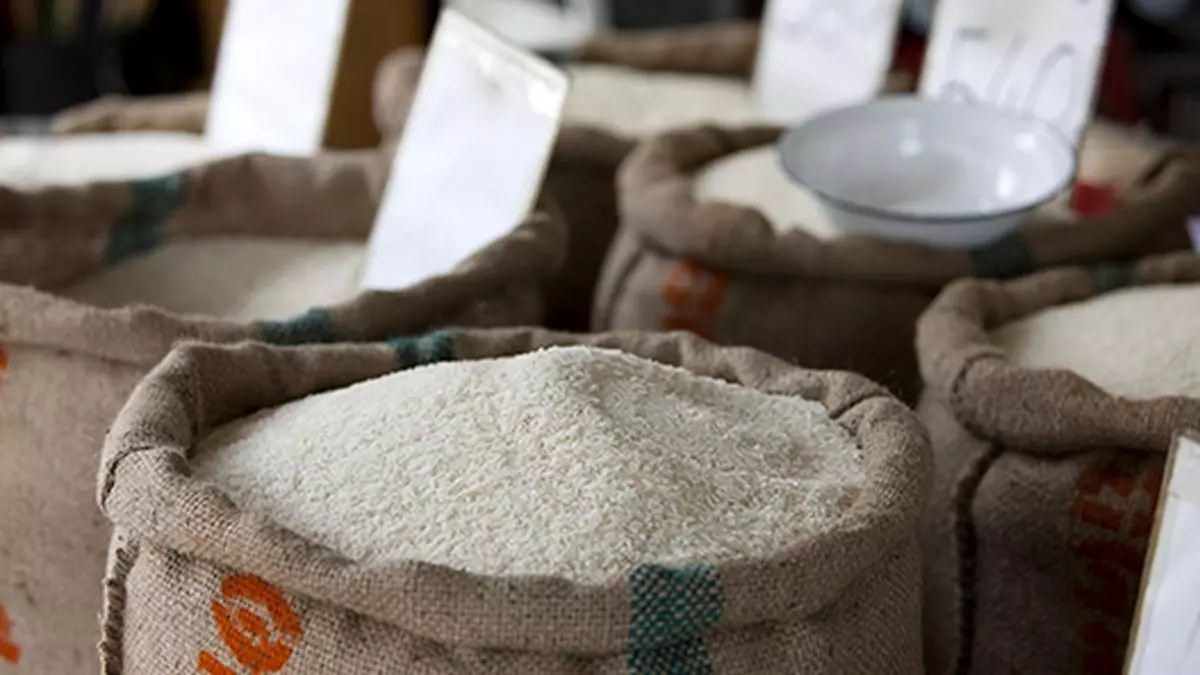Global rice market turns ‘precarious’ as sellers hike prices of cargo in transit
The global rice market has turned volatile India’s ban on white rice exports. Traders said it had become quite a seller’s market as transit freight rates had increased by $50-100 a ton.
“No offers are coming in from Thailand or Pakistan. Sales have not happened for the past four days. For transit shipments, prices have been raised from $50 to $100 and renegotiated,” a trade source from Bangkok said, speaking on condition of anonymity.
Shipping rates have been raised on sailing One Indian trader said traders risked even canceling it.
Frantic calls from the Gulf
There are frantic calls from the Gulf for supplies of Sona Masuri or Pune rice. They inquire as far as Singapore as traders there usually have six months worth of shares. This means that these rice varieties charge prices equal to Basmati prices,” said another trader.
This is because many non-resident Indians, especially those from South India, depend on these items for their daily consumption. The rice market has become unstable. Almost all traders are in a wait and watch mode but in the middle of the week, we can see a huge rally in the prices. Already, some varieties are priced at $600 a ton,” Sadie VR Vidya Sagar, Bulk Logix Director.
Also read: Government halts supply of subsidized rice for ethanol, assessing impact on EBP
The rice market is in turmoil after July 20 when India banned the export of white rice, which makes up 40 percent of the annual non-basmati rice shipments of 17.5 million tonnes. This led to fears that the move could lead to global food price inflation as wheat prices rose after Russia withdrew from the Black Sea Grain Initiative. The initiative ensures that Ukrainian wheat, sunflower and corn will reach countries that depend on Kiev’s supplies.
Ring to ban
The Indian government’s decision to ban shipments of white rice came after progress in sowing rice was delayed. Although the area is turning positive, the center is concerned about the damage caused by the floods in the rice-growing regions of Punjab and Haryana.
In addition, rice stocks in the country fell to a six-year low with the center supplying rice instead of wheat to the poor through ration shops and grain rates in the global market rising to a five-year high.
Research agency BMI, a unit of Fitch Solutions, said the Indian government’s decision to immediately ban exports of white rice marked a rise in food inflation during the month of June.
Also read: NRIs in the US and Canada are rushing to stock up on rice after India bans exports
Besides these factors, Thailand said its rice production could drop by 6 percent this year due to El Nino Weather phenomenon affecting rice. A Delhi-based analyst said that the rice crop in Vietnam will likely be affected by weather factors, causing rice stocks to drop to a record low.
Vietnam is attracting more buyers
“Most buyers are lining up ahead of Vietnam, which has fewer offers than Thailand. Traders say it has received 20 percent more inquiries,” said S Chandrasekharan, a trade analyst in New Delhi.
Vietnam is not committing itself as it prepares to strike a “grand” deal with the Philippines. Hanoi will supply Manila with a guaranteed amount to ensure its food security.
In exchange for this, Chandrasekaran said, Vietnam will enter the Philippine market for its fruits.
On the other hand, China has started to look aggressively for rice, Chandrasekaran said, and this should put additional pressure on the market.
Neighboring Bangladesh has only 2 metric tons of rice stocks and has begun to speed up its purchases. He said, “Although it only needs boiled rice, its prices are rising after the Indian ban on white rice because some buyers consider it an alternative.”
